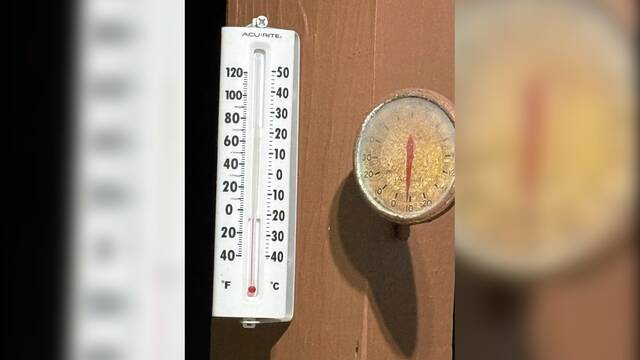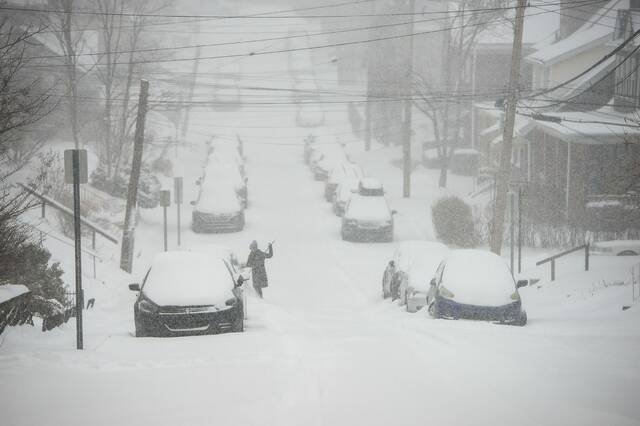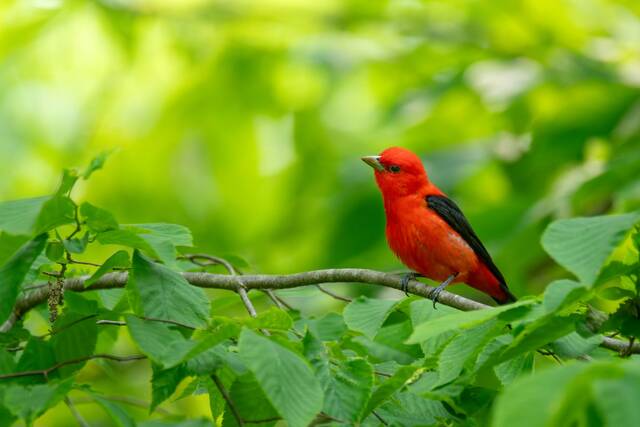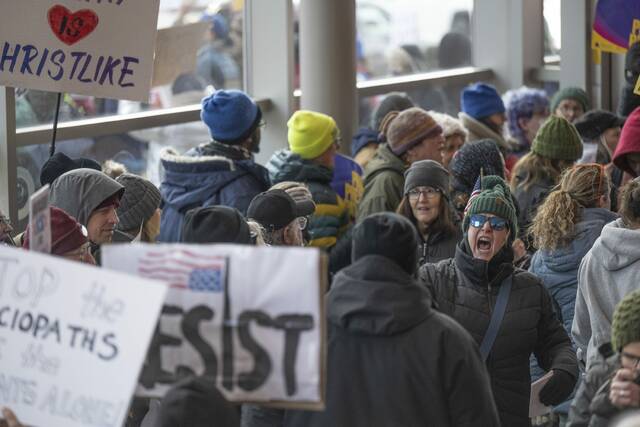Seasonal allergies are plaguing Western Pennsylvania again this year with ragweed pollen on the rise.
Dr. Thomas Mertz, an allergist at Allergy and Asthma Associates of Pittsburgh, said this allergy season seems to be severe as mid-August arrives.
Mertz blamed poor air quality and lots of pollen for the severe allergy season. The state Department of Environmental Protection issued air pollution alerts for the region.
Mertz said the high levels of pollution exacerbate allergy issues.
“If you combine pollution with allergens, such as pollen, they have a synergistic effect and cause a worsening of symptoms,” he said.
He said Pittsburgh seems to be a particularly harsh location for allergy sufferers, noting people who move to the area often see their allergies worsen.
Grass and ragweed are top culprits for allergies in the area.
“The seasons tend to overlap a bit, so you’re seeing grass and ragweed at the same time,” Mertz said, noting that grass allergens should be on the downswing while ragweed season kicks into gear.
Dr. Debbie Gentile, an allergist at East Suburban Pediatrics and Allegheny General Hospital, said she has seen more seasonal allergy patients and more severe symptoms.
“We’ll see many adults who have never had symptoms their whole lives and are now developing them,” Gentile said.
It’s a trend she partially attributes to global warming.
“We know that global warming is causing us to have allergy seasons that start earlier and last longer. We also know the pollen counts are peaking higher. More pollen is being produced,” Gentile said.
She said ragweed pollen usually begins during the middle of August.
“It typically peaks around Labor Day. It’ll still be produced through September,” Gentile said.
Ragweed pollen should taper off in October. Soon after, the first frost of the year will kill pollen, bringing allergy sufferers a few months of reprieve.
Dr. Hey Chong, an expert in pediatric allergy and immunology at UPMC, said she actually has seen a decrease in seasonal allergy patients this year. She said this could be attributed to the covid-19 pandemic. Some people are wary of visiting a doctor’s office in person.
Chong also noted that, because of the pandemic, many people were staying inside more during the spring and summer months, which would naturally help them avoid pollen.
Jared Stonesifer of Cranberry, a lifelong allergy sufferer, said the pandemic has worsened his allergy issues, as he’s spending more time outside this year.
“I’ve definitely been outside more often this summer because of the pandemic. Running, hiking, playing with my son, anything to get outside,” he said. “Unfortunately, that also means more exposure to allergens. It’s still better than being cooped up inside all day, though.”
There are some simple ways to combat allergies. Gentile and Chong suggested keeping windows closed in houses and cars. They encouraged people to shower and change their clothes after spending time outside to ensure pollen isn’t brought into the house.
There are over-the-counter antihistamines and nasal sprays that can help ease allergy symptoms. Chong recommended options such as Claritin, Zyrtec or Allegra.
“Pretty much all allergists are going to recommend a second-generation, long-lasting antihistamine,” she said, advising that Benadryl isn’t a top choice, as it can be sedating and lasts only six to eight hours.
Chong noted it’s important to differentiate between allergies and other illnesses — particularly covid-19.
“I think this is confusing a lot of people, because some of the symptoms are very similar,” she said.
Allergies generally don’t cause high fevers — and allergies typically aren’t responsible for sudden fatigue or muscle aches, Chong said.
Another point of confusion, Chong said, is covid-19 patients often report losing their sense of smell. Allergy patients with a longstanding history of congestion also may report a diminished sense of smell. But Chong said allergy patients should not have “a sudden loss of smell.”
For patients who determine their symptoms are likely allergy-related, experts encouraged people to seek medical care if over-the-counter options don’t bring relief.
“If medications aren’t working, you want to talk to your doctor. There are treatment options,” Gentile said.
She said allergy shots can help the body build tolerance to allergens. There are tablets that work similarly to help build tolerance for ragweed and other common triggers.








